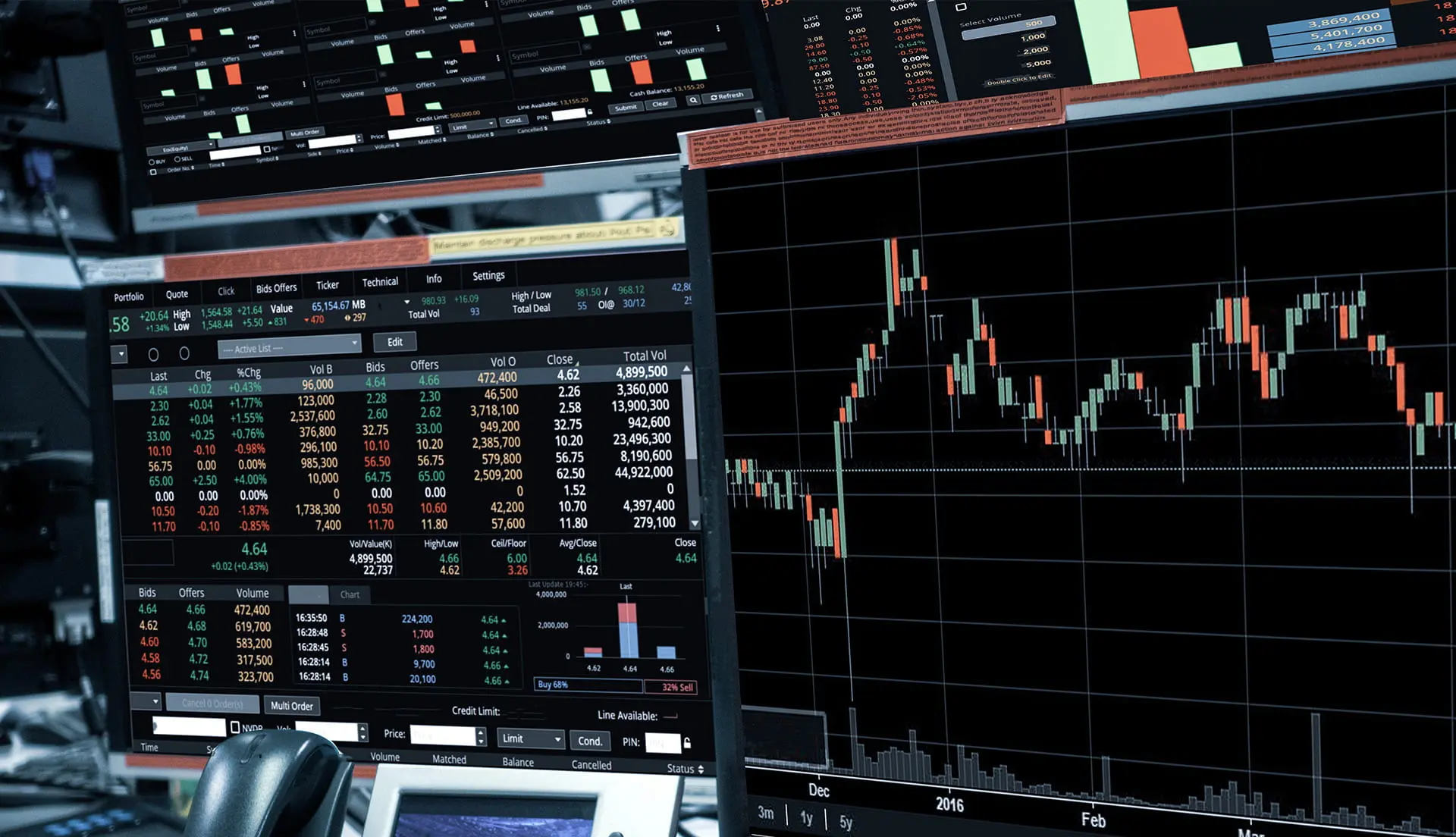Our skilled investment managers excel in providing an extensive selection of investment opportunities, outlined below, empowering you to proficiently navigate the broad spectrum of investment possibilities.
Fixed Income Securities (Bonds)
Fixed income securities, or bonds, typically exhibit lower risk levels in comparison to equities, though they are not entirely risk-free.
Regard fixed income securities as portions of a loan distributed among a variety of investors, issued either by corporations or government entities. When these securities mature, typically within a period ranging from one to three years, investors are reimbursed the principal amount invested. These securities can generate a steady income stream through regular interest disbursements or contribute to investment growth if opting for a comprehensive payout upon maturity.
While bonds are generally less volatile than equities, evaluating the issuer's creditworthiness is imperative to minimize the risk of default and safeguard your investment.
Equities (Stocks/Shares)
Equities, commonly referred to as stocks or shares, constitute a portion of ownership in a publicly-traded company.
Investors trade equities on stock exchanges with the aim of selling them at a premium to the purchase price, thereby achieving profit. The valuation of shares is influenced by multiple factors, such as the company’s operational performance, the prevailing economic climate, and market sentiment, which can lead to fluctuations in value.
Historical trends indicate that markets typically offer returns over the long term, despite being prone to short-term volatility. Hence, it is recommended to view equities as a component of your long-term financial strategy, ideally over a span of at least five years, to allow market variances to even out.
Grasping your risk tolerance is vital in aligning investment decisions with your financial goals.
Commodities
Commodities, fundamental to the global economy, are raw materials traded on international exchanges, with their pricing influenced by supply and demand dynamics and other global factors. This category encompasses energy resources such as oil and gas, precious metals like gold and silver, agricultural commodities including grains and dairy, and industrial metals like copper and aluminum.
Known for their pronounced volatility relative to other asset classes, commodities offer the potential for significant short-term returns. Including commodities in your investment portfolio can also serve as a safeguard against inflation, as they typically perform favorably during periods of escalating goods and services costs.
Exchange-Traded Funds (ETFs)
Exchange-traded funds (ETFs) are versatile financial instruments, typically structured to mirror specific market indices or segments, including equities, bonds, commodities, and more. They provide a mechanism for investors to diversify their portfolios effectively.
ETFs are lauded for their comparatively lower operating costs versus traditional mutual funds, their trading flexibility, enhanced transparency, and potential tax advantages. Although they come with certain complexities and trading expenses, the consensus among financial experts is that the benefits of ETFs outweigh the drawbacks significantly.
ETFs are available for trading on stock exchanges throughout standard market hours, rendering them a practical and potent investment tool for both novice and experienced investors.
Foreign Exchange (FX/Forex)
Foreign exchange, also known as Forex or FX trading, entails the conversion of one currency into another. It ranks among the most actively traded markets globally, witnessing daily transactions by individuals, institutions, and banks that approximate $6.6 trillion.
While a notable portion of Forex transactions is conducted for practical reasons, a substantial volume is undertaken by traders with the intent of profiting. The frequent exchange of currencies can cause notable volatility in specific currency pairs, an aspect traders need to be aware of.
Forex trading presents the opportunity for considerable profits by capitalizing on currency price fluctuations. However, the inherent market volatility calls for robust risk management strategies to curtail potential losses.

